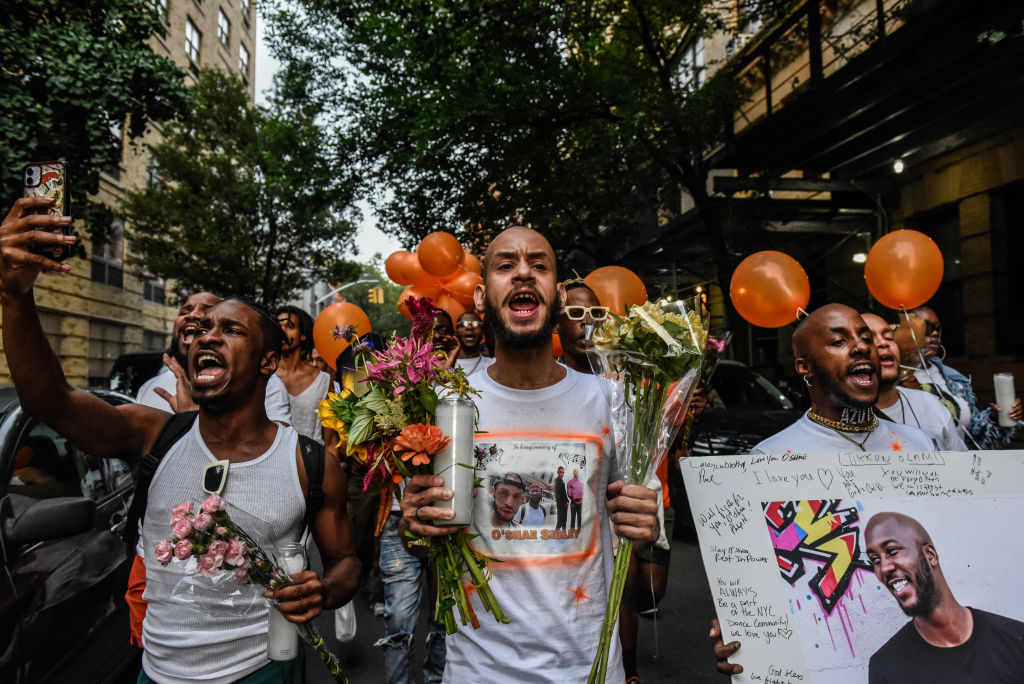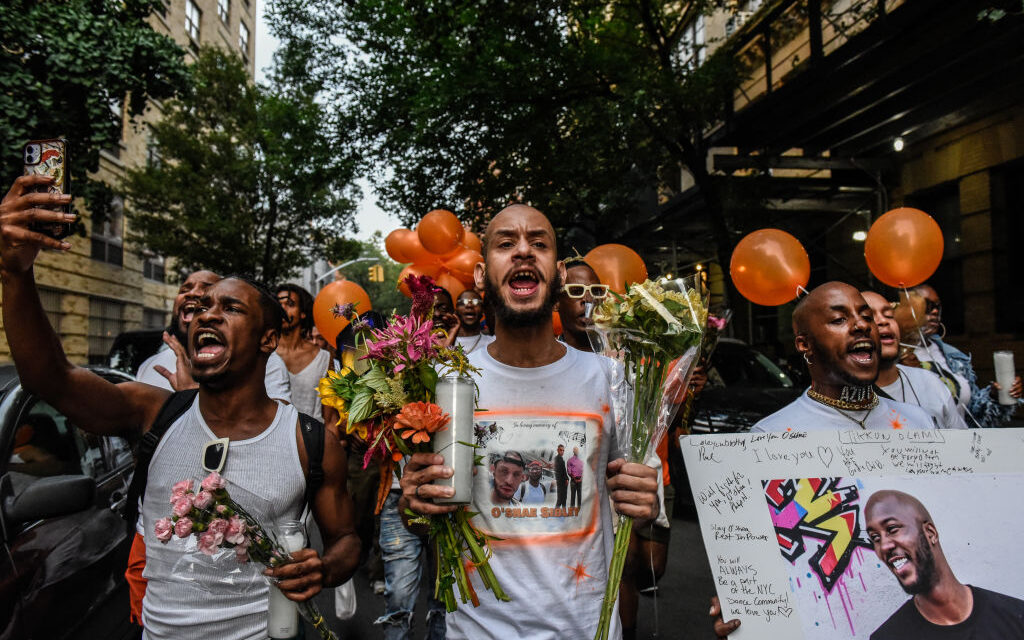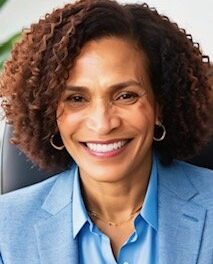
August 28 will mark the 60th anniversary of the March on Washington for Jobs and Freedom. During that march, Rev. Dr. Martin Luther King, Jr. declared his dream and Congressman John Lewis declared his impatience. Marian Anderson and Mahalia Jackson sang but did not speak. And Bayard Rustin, the man who organized it all, a Black gay man, remained in the background—as did the freedoms of people who lived like him and loved like him.
At this year’s march, the freedoms of the Black LGBTQIA+ community—along with the freedom to vote, the freedom to organize, the freedom of bodily autonomy, among many more—will be front and center. Our movement has grown—and so has the urgency of our fight.
From the ability to walk down the street to the harmless act of dancing while you’re pumping gas, the freedoms of the Black queer community are consistently under assault. O’Shae Sibley’s murder weighs heavy on my soul, as do the murders of Koko Da Dall and the, at least, 15 trans people who have been violently killed this year—the majority of whom are Black. It is clear that real life violence is spinning out of political violence, and things seem to be getting worse every day.
In June 2023, for the first time in the history of our organization, the Human Rights Campaign declared a state of emergency for LGBTQIA+ Americans. More than 550 anti-trans bills were introduced in the U.S. this year, and more than 80 of those bills have now been passed into law. At this very moment, millions of LGBTQIA+ Americans cannot access healthcare, participate in sports, perform on stage, and safely use public restrooms. In 28 states, there are no explicit non-discrimination protections for LGBTQIA+ people.
The same extremists behind the attacks on LGBTQIA+ Americans are also strategically attacking women, people of color, and immigrants. It is no coincidence, then, that states like Florida are banning educators from talking about LGBTQIA+ issues and teaching the truth of Black history—or that states like Texas are limiting gender-affirming care and abortion care, as books are being banned and voters are being turned away from the polls. Nor is it a coincidence that the Supreme Court recently undermined access to higher education and debt relief, both vital paths to opportunity for so many Black Americans, and then gave business owners a right to discriminate against LGBTQIA+ people. And, of course, these rulings followed the Dobbs v. Jackson Women’s Health Organization decision in June 2022 and the subsequent attacks on reproductive freedom.
Read More: 60 Years After March on Washington, America’s Progress Hinges on Liberating Black Women
In an effort to divide and distract, these politicians are working to keep the progressive movement off-balance. They are counting on the leaders of civil rights, labor rights, women’s rights, and LGBTQIA+ rights to engage in a game of freedom Whac-A-Mole, fighting one battle at a time instead of harnessing our collective power to win them all.
But we know how to rise up. We know how to lock arms together, and we know that our power is rooted in our people. We have learned so much over these last 60 years, and we know without doubt that by working in coalition, we find greater strength. When I recently sat down with Rev. Al Sharpton, who is spearheading this year’s march, he put it very simply: “It will take all of us to get to the other side.”
Rustin would have agreed with this simple truth. As a Black man and a gay man, Rustin lived his life at the intersections. As a labor organizer and a trusted advisor to civil rights leaders, he understood the power of the collective, and believed that political and legal victories, like Brown v. Board of Education, the Civil Rights Act, and the Voting Rights Act needed to be coupled with economic opportunity for Black Americans. Hence, the March on Washington for Jobs and Freedom.
As I prepare to speak from the Lincoln Memorial for the anniversary of March on Washington, I will do so as a Black, queer woman, a partner, a parent, and a movement leader. I will be following in the steps of people like Rustin and Marsha P. Johnson, a Black trans woman who led the Stonewall Riots. I will also be paving the path for people like Zion Ballard, a young Black trans man, who will be there with me and his parents at the march. Like those who came before, Ballard will carry forward the fight for freedom, an inheritance passed down generation to generation.
In 1963, Congressman John Lewis, who was not much older than Zion at the time, said, “We do not want our freedom gradually, but we want to be free now!” 60 years later, I would add, we do not want our freedoms one by one, we want to be free in every part of our lives. That’s why we are coming together this weekend. That’s what this march is all about.
- A Trump-Less Debate, and a Vision of a Trump-Free GOP
- One Man’s Quest to Heal the Oceans—And Maybe Save the World
- Who I’m Hurting By Shopping at Walmart
- Writing for Friends Was No Dream Job: Essay
- She Wasn’t Able to Get An Abortion. Soon She’ll Start 7th Grade
- The 36 Most Anticipated Books of Fall 2023
- Podcast: Jean Twenge on How Smartphones Destroyed Gen Z
- Want Weekly Recs on What to Watch, Read, and More? Sign Up for Worth Your Time




